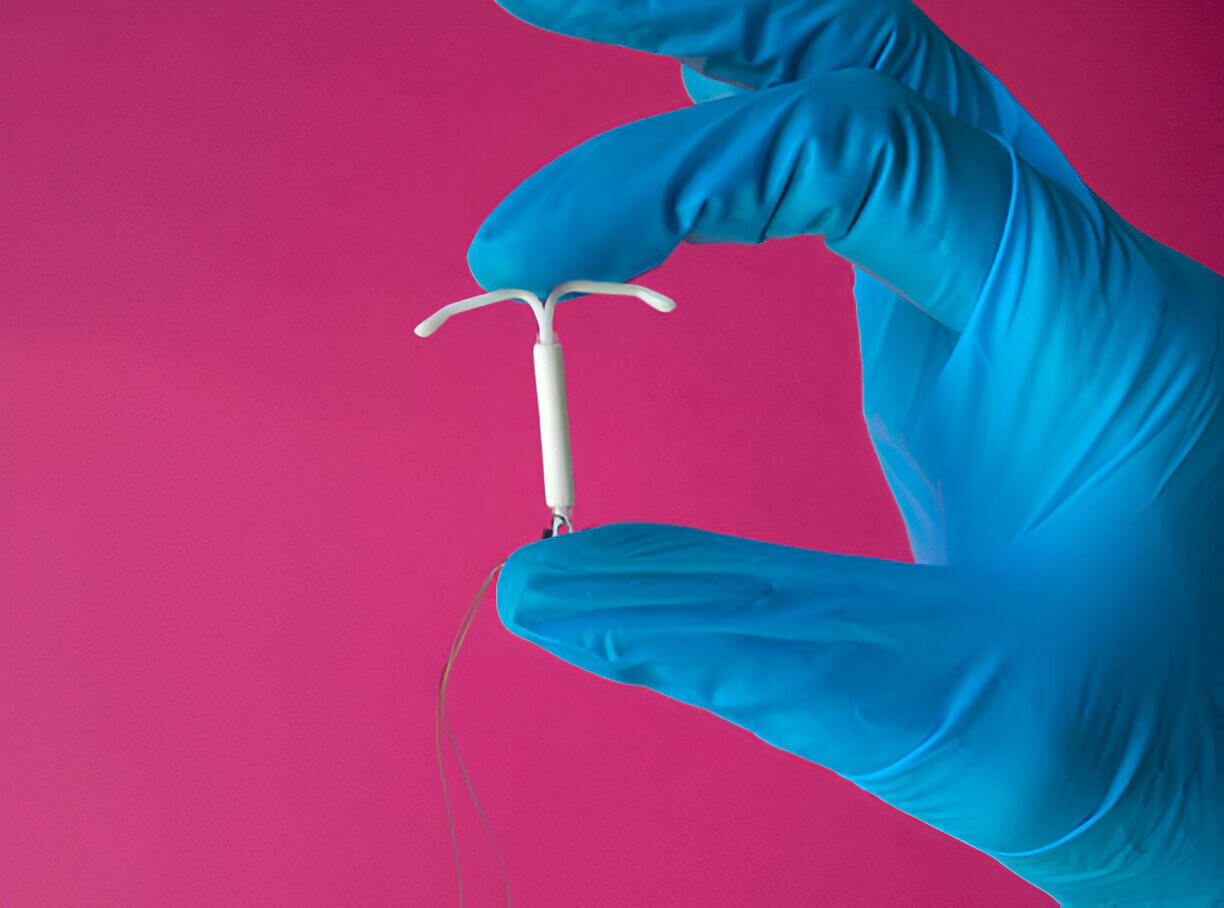Medically Reviewed by Dr. Oluwakemi Balogun (Kemi), MD — Medhaven Health
Removing an intrauterine device (IUD) is often a simple procedure, but many people are curious (and sometimes anxious) about what happens afterward—especially when it comes to their first period. Whether you had a hormonal IUD like Mirena or a copper IUD, it’s normal for your cycle to shift as your body adjusts. In this guide, we’ll cover what to expect during your 1st period after IUD removal, common side effects, and when to seek medical advice.
What Happens After IUD Removal?
An IUD removal is usually quick, performed in a doctor’s office, and requires little to no downtime. However, the body may take some time to regulate after the device is removed.
Common IUD removal side effects include:
-
Mild cramping during and after removal
-
Light spotting or bleeding
-
Temporary changes in your menstrual cycle
-
Mood fluctuations, especially with hormonal IUDs
-
Rarely, heavy bleeding after IUD removal
These side effects are generally short-lived, but your first period can be a little different from what you’re used to.
When Does Your Period Return After IUD Removal?
The return of your period depends on the type of IUD you had and your individual cycle.
-
Hormonal IUD (Mirena, Kyleena, Skyla, Liletta): Since these release progestin, many women experience lighter or even absent periods while using them. After removal, your natural cycle resumes—some get their period within days, while for others it may take 4–8 weeks.
-
Copper IUD (ParaGard): Since it doesn’t affect hormones, your period often comes back quickly, sometimes within days after removal.
Some people experience a period 2 days after IUD removal, while others notice spotting or bleeding that isn’t quite a true period yet.
The First Period After IUD Removal: What’s Normal?
Your 1st period after IUD removal may look different than what you remember before using an IUD. Here’s what you might notice:
-
Heavier bleeding: Many people report a heavy first period after Mirena removal, sometimes with blood clotting after IUD removal. This is because your body is readjusting to normal hormone levels.
-
Irregular timing: Some have bleeding just a few days after removal, while others may not get a true period for a month or more.
-
Cramps and discomfort: Similar to regular period cramps, though sometimes stronger if your body is “restarting” ovulation.
-
Spotting: Light spotting or bleeding after Mirena removal is common and may be mistaken for a light period.
Is Bleeding After IUD Removal a Period?
Not always. Many people ask: “Bleeding after Mirena removal—is it a period?” The answer depends:
-
If bleeding happens immediately or within a few days, it’s often withdrawal bleeding from hormone changes, not a true period.
-
If bleeding occurs 2–6 weeks later, it’s more likely that your actual menstrual cycle is returning.
Can You Get Pregnant Right After an IUD Removal?
Yes—fertility can return quickly. Many women wonder: how long after IUD removal can you get pregnant?
-
For hormonal IUDs, pregnancy is possible as soon as ovulation resumes (sometimes within 1–2 weeks).
-
For copper IUDs, fertility returns almost immediately.
Some women even report getting pregnant 1 week after IUD removal. If you’re not trying to conceive, use alternative contraception right away.
On the other hand, if you are trying, you may be surprised at how soon it happens. Common early signs of pregnancy after IUD removal include missed periods, breast tenderness, and fatigue.
The “Mirena Crash”: What You Should Know
Some people experience what’s called the Mirena crash, a set of symptoms that may appear days to weeks after removal of a hormonal IUD. These can include mood swings, fatigue, acne, and changes in bleeding patterns.
So, when does Mirena crash start? Usually, within the first month post-removal, though not everyone experiences it. The symptoms are linked to your body adjusting to the absence of synthetic hormones.
Sex After IUD Removal
Another common question is: “How long after IUD removal can you have sex?”
Technically, you can have sex as soon as you feel comfortable—usually the same day. However:
-
If you’re not trying to conceive, use backup contraception immediately.
-
Some providers recommend waiting a day or two if you have spotting or cramping.
Similarly, many ask: “Can you have sex after IUD removal?” → Yes, but be aware of fertility changes and comfort levels.
Weight Gain, Hormones, and Period Changes
Some women notice weight gain after IUD removal or bloating, particularly with hormonal devices. This is usually temporary and related to fluid shifts and hormone readjustments.
If your first period after Mirena IUD removal is unusually heavy, painful, or delayed, it’s often normal—but monitoring your cycle over the next few months helps you know what’s typical for your body.
Preparing for IUD Removal
If you’re planning removal, here are a few tips on how to prepare for IUD removal:
-
Schedule the removal during the first half of your cycle (it may be more comfortable).
-
Take an over-the-counter pain reliever like ibuprofen an hour before the appointment.
-
Bring a pad or liner for possible spotting afterward.
-
Ask your doctor about alternative contraception if you don’t want to become pregnant.
When to Call Your Doctor
While most changes are normal, call your healthcare provider if you notice:
-
Heavy bleeding after IUD removal that soaks through a pad in under an hour
-
Severe cramps that don’t improve with medication
-
Foul-smelling discharge (possible infection)
-
No period after 8 weeks (if not pregnant)
-
Persistent pain after IUD removal
If you’re searching for “IUD removal in Glen Burnie,” always choose a qualified OB-GYN, midwife, or certified healthcare provider for safety.
Key Takeaways
-
Your first period after IUD removal may be heavier, irregular, or delayed.
-
Bleeding after IUD removal isn’t always a true period—sometimes it’s just spotting.
-
Fertility returns quickly—some get pregnant within days or weeks.
-
Hormonal shifts may cause temporary side effects like mood changes, bloating, or the “Mirena crash.”
-
See a doctor if you experience heavy bleeding, severe pain, or signs of infection.
If you notice any of these warning signs or have questions about your reproductive health, schedule a visit with our Primary Care team in Glen Burnie for comprehensive guidance and follow-up care.

CRNP, FNP-BC, MSN is a board-certified Family Nurse Practitioner with 16+ years of experience. She provides personalized, high-quality care in family medicine, preventive health, and chronic disease management at MedHaven Health in Glen Burnie, Maryland. Read More








